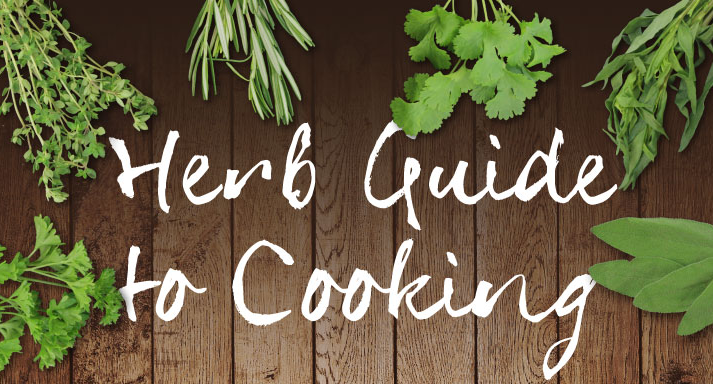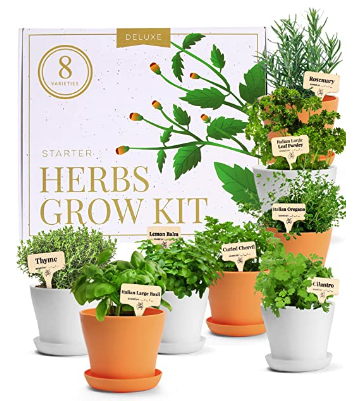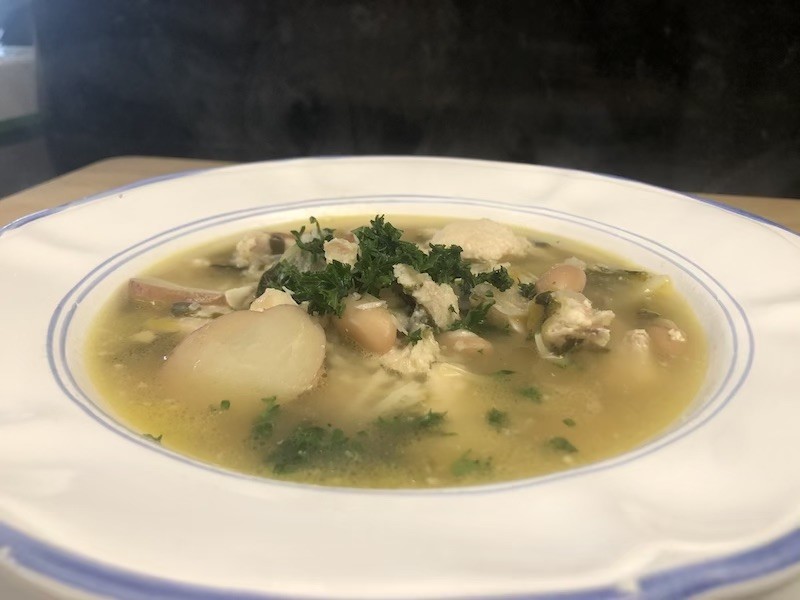
Growing Herbs for Recipes
Useful Tips for Growing Herbs for Recipes
Growing herbs for recipes is one of my summertime, actually all-year-long favorite things to do. Imagine stepping outside your kitchen and plucking fresh, aromatic herbs to enhance the flavors of your culinary creations. An herb garden offers a plethora of benefits, from adding vibrant colors to your outdoor space to providing a sustainable source of seasonings and remedies. Whether you have a sprawling backyard or a compact balcony, cultivating an herb garden is a rewarding and accessible endeavor. In this blog post, we’ll explore the captivating reasons why you should consider starting your own herb garden.
- Elevating Culinary Experiences: The scent of fresh basil, the zing of mint, and the earthy aroma of rosemary can transform ordinary dishes into culinary masterpieces. With an herb garden just steps away from your kitchen, you’ll have a constant supply of flavorful herbs to incorporate into your meals. From garnishing salads to infusing oils, growing your own herbs allows you to experiment with an array of tastes and textures, adding depth and character to your favorite recipes. Growing herbs for recipes will certainly bring a freshness to your dish that you have never experienced.
- Cost-Effective and Sustainable: Purchasing fresh herbs from the grocery store can be expensive, especially when recipes call for a generous amount. By cultivating your own herb garden, you’ll significantly reduce your grocery expenses and have the satisfaction of using homegrown, pesticide-free herbs. It’s an eco-friendly way to embrace sustainable living while also reducing plastic waste associated with store-bought packaged herbs. Saving money each week as you grow herbs for your recipes rather than purchase them.
- Health and Well-being: Herbs are not just culinary delights; they also offer a multitude of health benefits. Many herbs possess medicinal properties, aiding digestion, boosting the immune system, and promoting overall well-being. Incorporating herbs like chamomile, lavender, or lemon balm into your garden can create a tranquil space where you can unwind, practice mindfulness, and connect with nature. Furthermore, having access to fresh herbs encourages you to explore herbal remedies and experiment with natural alternatives for minor ailments.
- Educational and Engaging: An herb garden provides an excellent learning opportunity for both children and adults. By nurturing and observing the growth of various herbs, you can gain a deeper understanding of the plant life cycle, pollination, and the importance of sustainable gardening practices. For children, an herb garden can be a hands-on experience, fostering curiosity, responsibility, and a sense of accomplishment as they witness their herbs flourish and contribute to family meals.
- Aesthetic Appeal and Fragrance: Herb gardens are not only functional but also visually appealing. The vibrant colors and textures of herbs can enhance the aesthetics of any outdoor space, whether it’s a sprawling garden or a small balcony. Many herbs produce beautiful flowers, attracting pollinators and adding a touch of natural beauty to your surroundings. Moreover, the delightful fragrance that fills the air as you brush past the herbs creates a serene and inviting atmosphere.
Many of us have started an herb garden in the hopes of at least harvesting one ingredient! In my post on how to start an Edible Garden, I outline the best herbs, vegetables and fruits for gardeners to plant. In this post, I’ll share some tools, tips and an herb guide to cooking. I hope to inspire each of you to begin with what I consider the beginner’s garden – the herb garden so you too can begin growing herbs for recipes!
Best Herb Gardening Tools
- If you still need help beginning your herb garden, I highly recommend purchasing something like this Herb Garden Starter Kit
:
- After you’ve planted, tendered, watered and loved your herbs you will soon be ready to clip them and enjoy them. If you don’t already have, you’ll want to purchase Pruning Scissors
like these:
Carefully snip your herbs from the top of the plant, rather than the bottom. Be sure to harvest regularly to encourage growth. - Next wrap the herbs in either a wet paper towel and keep them in the fridge or use an Herb Keeper
like this one:

Specific Recipes Using Fresh Herbs
- Caprese Pasta Salad: This is a great way to use the fresh basil from your garden. Similar to a caprese salad we see at an italian restaurant, this salad adds pasta to the dish.
- Salmon with Balsamic Vanilla Marinade: Although the recipe calls for dried basil and parsley, the flavor will be greater with fresh herbs instead. According to Martha Stewart, “Because dried herbs are generally more potent and concentrated than fresh herbs, you’ll need less — typically three times the amount of fresh herbs as dry. For example, if a recipe calls for 1 tablespoon of fresh oregano, you need only 1 teaspoon of dried, since 3 teaspoons equal 1 tablespoon.”
- Watermelon Salad with Mint and Feta: One of my absolute favorites! It is such a refreshing salad to have on the side. Use your fresh mint from your garden in this one.
- Baked Potato Bar: Cut some chives from your herb garden and add it to your baked potato bar. This is a family favorite!
- Sliced Summer Fruits with Mango Puree: My mouth waters just thinking about this recipe. Purchase fresh fruit from the farmer’s market and grab some mint from your herb garden and you’ll be enjoying this treat in no time.
Get Started with Your Herb Garden
Embarking on the journey of establishing your own herb garden can be incredibly rewarding. From elevating your culinary experiences to embracing sustainable living, the benefits of having an herb garden are truly enchanting. By cultivating herbs at home, you’ll have an abundant supply of fresh, aromatic ingredients at your fingertips while enjoying the therapeutic aspects of gardening. So why wait? Unleash your green thumb and create a haven of flavors, scents, and natural remedies with your very own herb garden.
Cooking with Herbs Guide

Now you are ready to use them in your cooking! Check our this herb guide for cooking to inspire you in your meal planning with your own homegrown (or store bought if necessary) herbs!
Herbs are often grown in backyard garden or even in indoor windowsills. Use this Herb Guide to Cooking to help you actually use the herbs you’re growing in the garden this year!
Herb Guide To Cooking
[Infographic] by the team at heitonbuckley






Love this! Thank you for sharing the herb guide to cooking!!
I love cooking with herbs but have had no luck growing them. I do not have a green thumb.
I love my herb garden – nothing better than going outside and picking some for dinner. LOVE IT!!
Awesome information, Caroline! Hubby has a herb garden out back and loves cooking with fresh oregano, basil, thyme, mint, etc!
This a great guide to start a herb garden, even in New York small spaces.
Thanks for sharing this info.